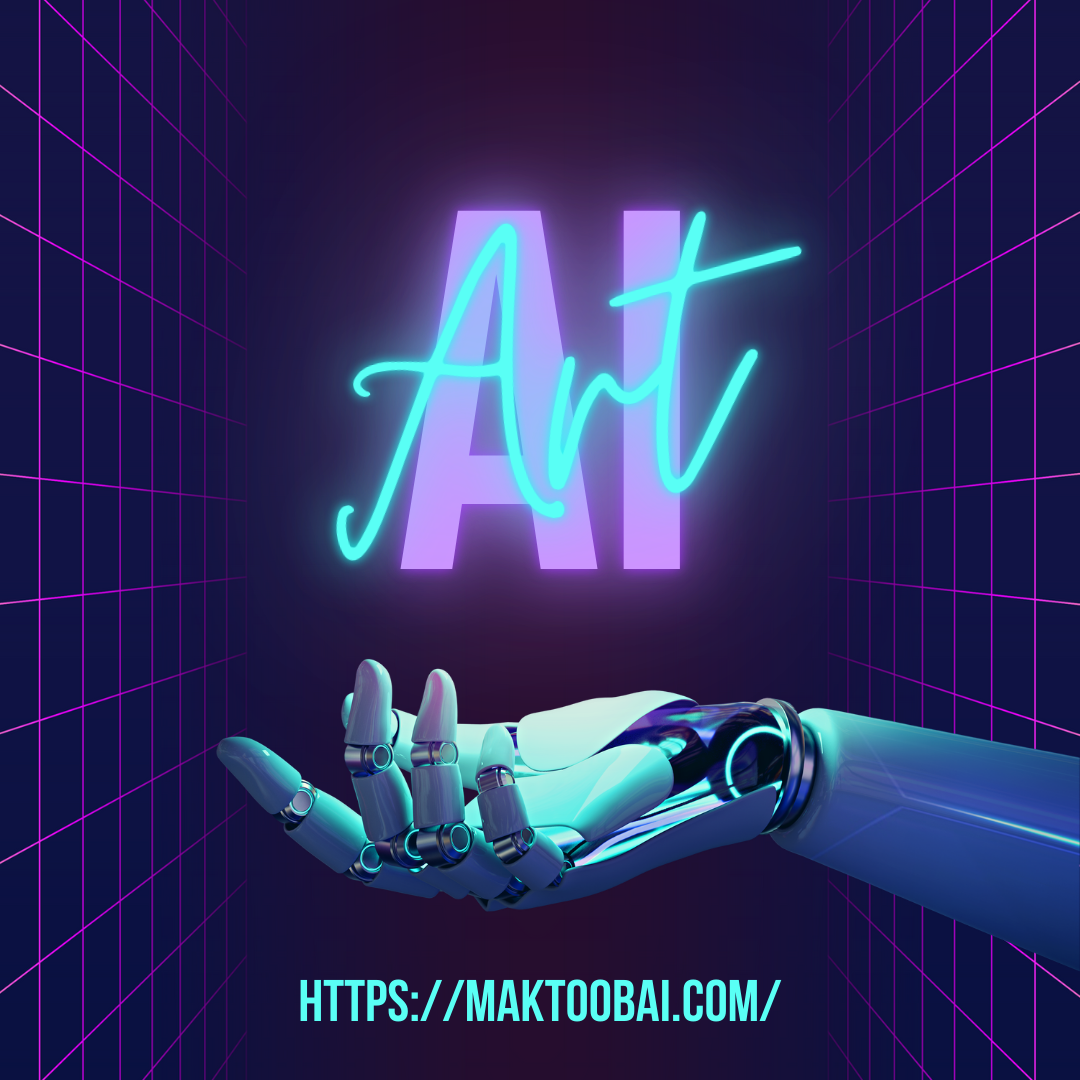The integration of Artificial Intelligence (AI) in K-12 education holds significant promise for enhancing teaching and learning. From personalized learning experiences to administrative support, AI has the potential to transform how education is delivered and experienced in schools. However, the adoption of AI also brings several challenges that need to be addressed to ensure its effective implementation. Here’s a comprehensive look at the benefits and challenges of AI in K-12 education.
Benefits of AI in K-12 Education
1. Personalized Learning
Overview: AI-driven educational tools can adapt to the individual needs of students by analyzing their performance data and adjusting the content and difficulty level accordingly. Platforms like DreamBox and Knewton provide personalized learning experiences that cater to each student’s unique strengths and areas for improvement.
Impact:
Personalized learning helps students learn at their own pace, address their specific learning gaps, and engage with material in a way that suits their learning style. This tailored approach can lead to improved academic outcomes and increased student motivation.
2. Efficient Administrative Tasks
Overview: AI can automate routine administrative tasks such as grading, scheduling, and attendance tracking. Tools like Gradescope and ZipGrade use AI to grade assignments and exams quickly and accurately.
Impact:
By reducing the time teachers spend on administrative tasks, AI allows educators to focus more on instructional activities and student interaction, enhancing the overall learning experience.
3. Enhanced Classroom Engagement
Overview: AI-powered educational games and interactive tools, such as Kahoot! and Classcraft, make learning more engaging and enjoyable. These tools use gamification and interactive elements to motivate students and reinforce learning.
Impact:
Enhanced engagement through interactive and gamified learning can improve student participation, retention of information, and overall enthusiasm for learning.
4. Real-Time Feedback and Support
Overview: AI systems can provide instant feedback on assignments and assessments, as well as offer additional support through virtual tutoring platforms like Socratic and Woot Math.
Impact:
Real-time feedback helps students understand their mistakes and learn from them immediately, while virtual tutoring provides additional support outside of regular classroom hours, addressing individual learning needs more effectively.
5. Data-Driven Insights
Overview: AI can analyze educational data to provide insights into student performance and learning patterns. Tools like Tableau and Edulastic help educators track progress, identify trends, and make informed decisions based on data.
Impact:
Data-driven insights enable teachers to tailor their instruction, implement targeted interventions, and track student progress more effectively, leading to better educational outcomes.
Challenges of AI in K-12 Education
1. Data Privacy and Security
Overview: The use of AI in education involves collecting and analyzing vast amounts of student data, raising concerns about data privacy and security. Ensuring that sensitive information is protected and used responsibly is a significant challenge.
Impact:
Failure to address data privacy concerns can lead to breaches of student confidentiality and trust. Schools must implement robust data protection measures and comply with regulations like FERPA (Family Educational Rights and Privacy Act) to safeguard student information.
2. Equity and Access
Overview: The implementation of AI tools in education may exacerbate existing inequalities if all students do not have equal access to technology and resources. Disparities in access to AI tools can widen the educational gap between different socioeconomic groups.
Impact:
To ensure equitable access to AI-powered educational resources, schools and policymakers must address disparities in technology access and provide support for underserved communities.
3. Integration with Existing Systems
Overview: Integrating AI tools with existing educational systems and curricula can be challenging. Schools may face difficulties in aligning new AI technologies with current teaching practices and educational standards.
Impact:
Effective integration requires careful planning, training, and coordination to ensure that AI tools complement and enhance existing educational practices rather than disrupt them.
4. Teacher Training and Support
Overview: Successful implementation of AI in the classroom requires teachers to be adequately trained in using these technologies. Professional development and ongoing support are essential for educators to effectively integrate AI tools into their teaching practices.
Impact:
Without proper training and support, teachers may struggle to use AI tools effectively, limiting the potential benefits of these technologies. Investing in professional development is crucial for maximizing the impact of AI in education.
5. Ethical Considerations
Overview: The use of AI in education raises ethical concerns related to bias, transparency, and accountability. AI systems may inadvertently perpetuate biases present in the data or algorithms, impacting fairness and equity in educational outcomes.
Impact:
Addressing ethical concerns involves developing and implementing AI systems with fairness and transparency in mind, as well as regularly reviewing and auditing algorithms to ensure they do not reinforce existing biases.
Conclusion
AI has the potential to significantly enhance K-12 education by providing personalized learning experiences, automating administrative tasks, and offering real-time feedback and support. However, the successful implementation of AI in education requires addressing several challenges, including data privacy, equity and access, integration with existing systems, teacher training, and ethical considerations. By carefully navigating these challenges and leveraging AI’s benefits, educators and policymakers can create a more effective, equitable, and engaging learning environment for students.


